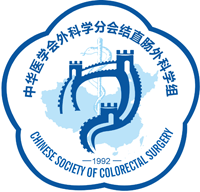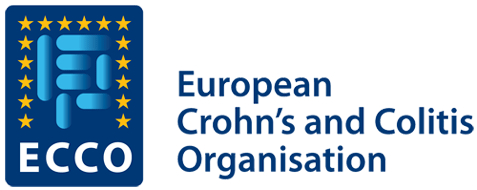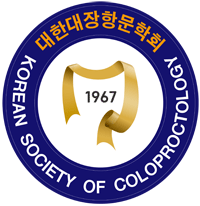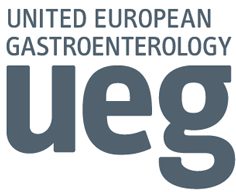Young ESCP member, Hossam Elfeki, co-authors a paper as part of Colostomy Impact Score Study Group published in BJS Open.
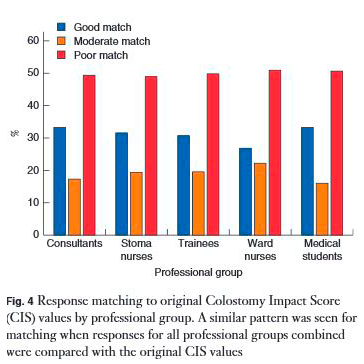 BSJ Open has published research with shows that perceptions of stoma-related problems differ significantly between healthcare professionals and patients.
BSJ Open has published research with shows that perceptions of stoma-related problems differ significantly between healthcare professionals and patients.
The Patient and healthcare professional perceptions of colostomy‐related problems and their impact on quality of life following rectal cancer surgery research was undertaken by Hossam Elfeki with A Thyø, D Nepogodiev, T. D. Pinkney, M. White, S. Laurberg and P. Christensen as part of the Colostomy Impact Score study group.
Healthcare professionals from 17 countries completed an online survey which was designed using the Colostomy Impact Score (CIS)*. 156 participants including consultant colorectal surgeons, stoma nurses, ward nurses, trainees and medical students were asked to choose the factors which they thought had the most significant impact on quality of life for patients with a colostomy.
They were then asked to rank the responses made by patients. Results from the healthcare professionals were compared with patient rankings which were taken when the CIS was originally developed. The study was carried out before the CIS itself was published.
Hossam Elfeki explains:
“Between ten and 30 percent of patients who have colorectal cancer surgery require a permanent stoma as a result. Several studies have described a negative impact on quality of life (QoL) among patients with a stoma following surgery for colorectal cancer. Complications can include flux, retraction, stenosis and parastomal herniation. Patients with a stoma also deal with daily stoma‐related practical management issues such as stool leakage and odour. Having a stoma can change a patient's perception of body image.”
This study shows a significant discrepancy in the perception of stoma‐related problems between healthcare professionals and patients with a stoma. Almost half of replies of the healthcare professionals had a poor match with the original patient‐derived score.
Stool consistency, particularly hard and lumpy stool, was the factor that demonstrated the most incongruity between patients' and healthcare professionals’ perspectives, followed by bulging around the stoma. Other studies have found that although constipation with increased stool consistency was an often neglected problem among stoma patients, it was considered a strong factor in reducing quality of life and increasing the number of stoma clinic visits due to pain.
Bulging around the stoma was underestimated by all professional groups except for stoma nurses. Prevailing surgical dogma that most parastomal hernias are asymptomatic may have contributed to the underestimation. Even bulging is not necessarily indicative of herniation, as it may also be associated with prolapse, thick mesentery, excessive subcutaneous length of the stoma or weak abdominal wall.
Hossam Elfeki concludes:
“Healthcare professionals dealing with these patients should have knowledge and understanding of stoma‐related problems and their potential impact on patients' quality of life. They should appreciate patients' perceptions of these problems to improve preoperative counselling and post‐treatment management.”
The research paper was first presented (poster) at the 12th Annual Scientific Meeting of the European Society of Coloproctology, Berlin, Germany, September 2017. Hossam Elfeki is a keen member of Young ESCP (European School of Coloproctology).
*The Colostomy Impact Score (CIS) has recently been devised for patients left with a permanent stoma after rectal cancer surgery. According to the responses obtained from each of 610 Danish patients with a colostomy who were included in a nationwide cohort study, items that contributed significantly to reduced QoL were selected for the development and validation of the CIS. The CIS is weighted to evaluate the aspects of colostomy‐related problems that have a negative impact on QoL from the patients' point of view. It was developed based on the results of 17 relevant items in the Basic Stoma Questionnaire2. Logistic regression analyses identified and selected items for the CIS, and multivariable analysis established the score values allocated to each item.
Authors of study: Hossam Elfeki (@hossamelfeki), A Thyø, D Nepogodiev (@dnepo), T. D. Pinkney (@pinkney_t) , M. White , S. Laurberg , P. Christensen (@PeterCh12345)
Colostomy Impact score study group: A. D’Hoore (Belgium), E. Espin (Spain), K. Buzatti (Brazil), M. Wong (Singapore), N. Smart (UK), N. Figueiredo (Portugal), P. Nilsson (Sweden), R. Madoff (USA), S. Wexner (USA), T. Cecil (UK), T. Oresland (Norway), W. Omar (Egypt), W. Borstlap (The Netherlands).
Full study - https://onlinelibrary.wiley.com/doi/abs/10.1002/bjs5.69


